With Facebook co-founder and CEO Mark Zuckerberg testifying once more before Congress last week, questions about how the company chooses to moderate content are being raised… everywhere, again.
CNET’s Queenie Wong wrote on Tuesday that “one of the biggest challenges for social media companies” centers around trying “to be consistent about what content is allowed on their platforms.” She adds, “Content moderation errors, whether innocent or intentional, fuel an ongoing belief that social networks like Facebook, Twitter and Google-owned YouTube censor speech.” Is the silencing — which appears to be primarily of one side of the political spectrum — really an error if it’s intentional? When right-leaning PragerU had two videos pulled from Facebook after wrongly being labeled as hate speech, Facebook “admitted that one employee was responsible for both” removals, according to PragerU chief marketing officer Craig Strazzeri. He told CNET, “It doesn’t sound like a mistake. It sounds like a deliberate action.”
While there might not be any corporate policy in place against conservative or libertarian views, the fact that the Silicon Valley workforce has become so dominated by left-wing progressives, that it probably makes any attempts at moderation problematical at best.
Zuckerberg himself is in a difficult situation, as shown by his recent statements. There was an immediate outcry when Zuckerberg said his company would not attempt to fact-check paid political advertising, quite unlike the company’s moderation efforts for whatever PragerU or I or might post there. Most of those complaints came from the left, including Democratic Senator Mark Warner of Virginia. In a letter to Zuckerberg published on Monday, Warner complained that “Facebook’s apparent lack of foresight or concern for the possible damages caused by this policy concerns me.” But as Hollywood bigwig Barry Diller argued on CNBC earlier today, “Here’s the thing: [Zuckerberg is] right. Not only is he right, it’s against the law.” True that: It’s the job of voters to hold politicians responsible, not social media executives.
And in a welcome move (at least by me!), Zuckerberg has in recent weeks at least tried to appear to have come around to this whole idea of freedom of expression. At Georgetown University earlier this month, Zuck took on Chinese social media rival TikTok, and online speech suppression in general. He warned, “Until recently, the internet in almost every country outside of China has been defined by American platforms with strong free-expression values. But there is no guarantee that these values will win out. A decade ago, almost all of the major internet platforms were American. Today, six of the top 10 are Chinese.” Left-wing writer Navneet Alang at The Week called Zuckerberg’s idea of free speech “reckless,” which makes me think Zuck might just be onto something. If free speech is to be limited to whatever is “safe,” then it isn’t free at all.
Facebook’s deeper problem might be that the company has gotten away from what made it great — at least in the sense of being really, really big — to begin with. The public side of Facebook used to be quite simple: It was the internet, curated for you by your actual friends and family. Your news feed was little more than what was shared with you, primarily in the order it was shared.
But as the platform grew, and as people’s online social circles vastly outstripped their real ones, that original view got lost in the algorithmic shuffle. By that time though, for millions of users, Facebook had become more or less the only internet they ever saw — and made the place an irresistible attraction for all kinds of virtual snake-oil salesmen.
It might not be possible to reconcile the older, smaller Facebook’s public side with the behemoth it has become: 2.4 billion users and a truly safe, curated experience just aren’t possible. Instead, maybe the company should focus its moderation efforts on strictly ensuring that posts remain inside the law. No animal torture photos, no suicide videos, no illicit drugs for sale, and the like. Apart from that though, Facebook should hew to its own CEO’s recent embrace of free digital expression.
That might be “reckless.” It would certainly be messy. But that’s what freedom of speech amounts to, and if Facebook wants to oppose online censorship in China and elsewhere, they must first defend free expression here.


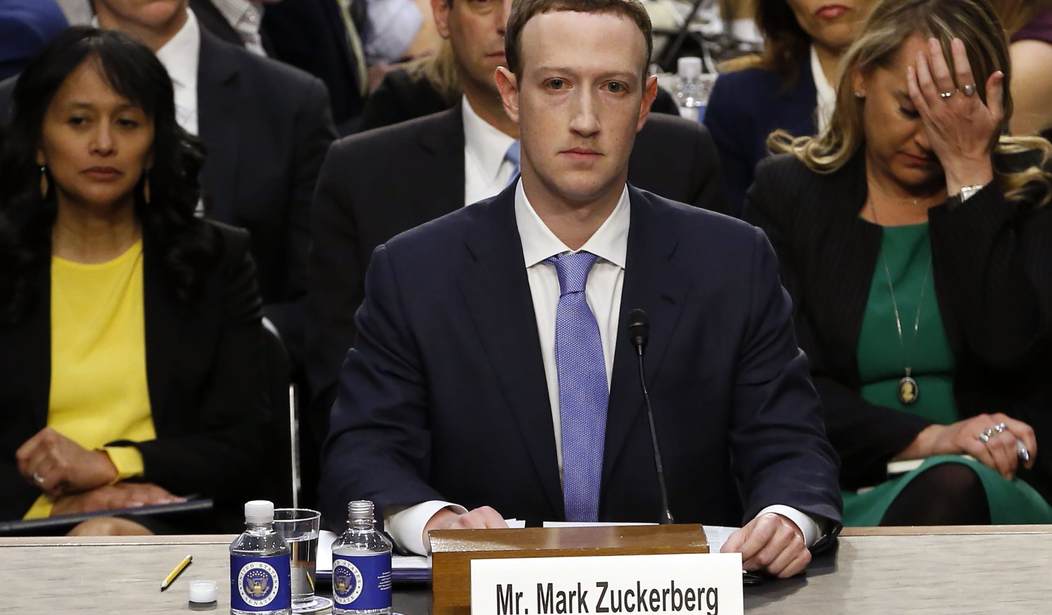

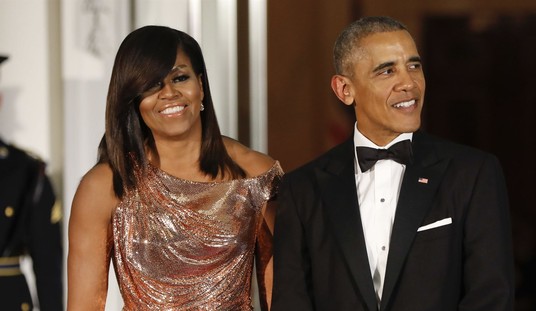


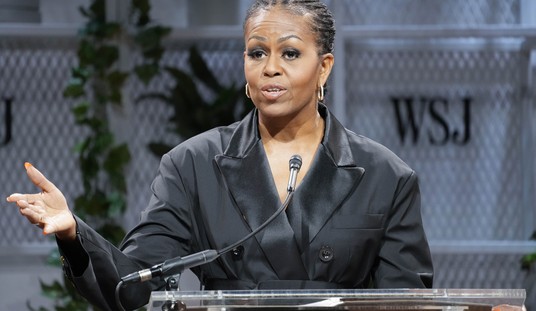
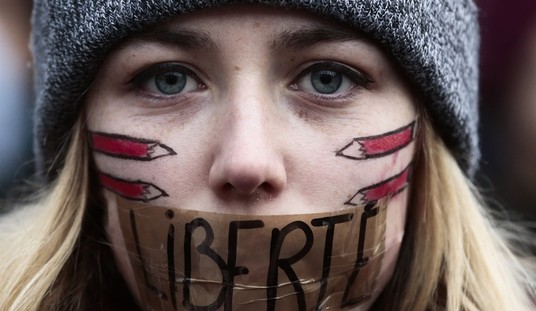
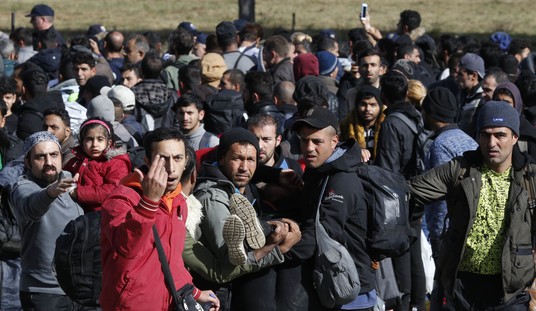
Join the conversation as a VIP Member